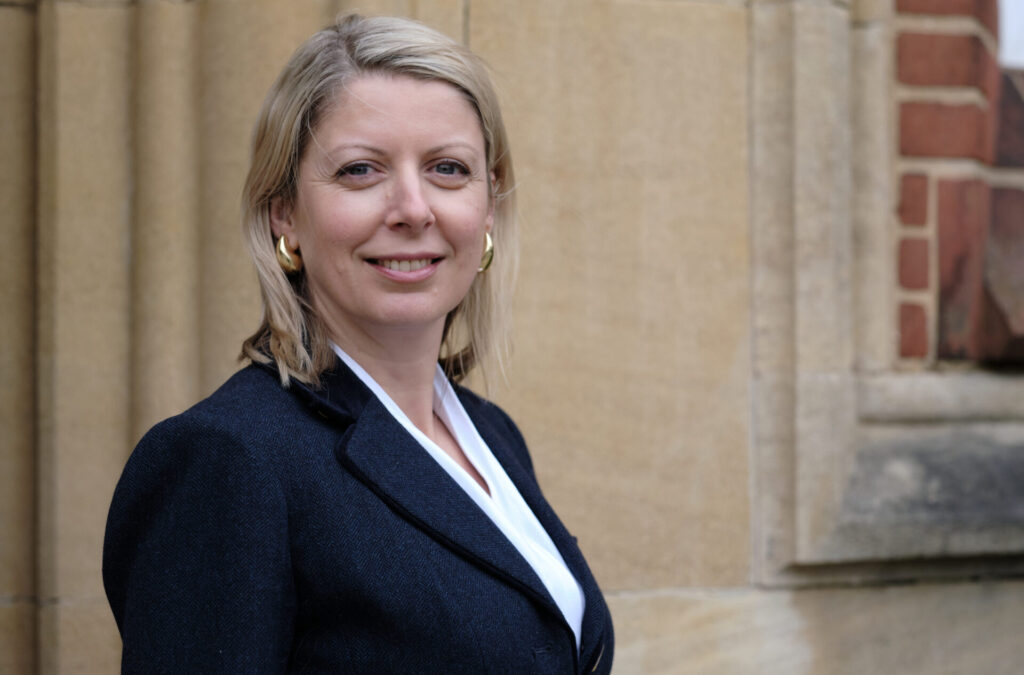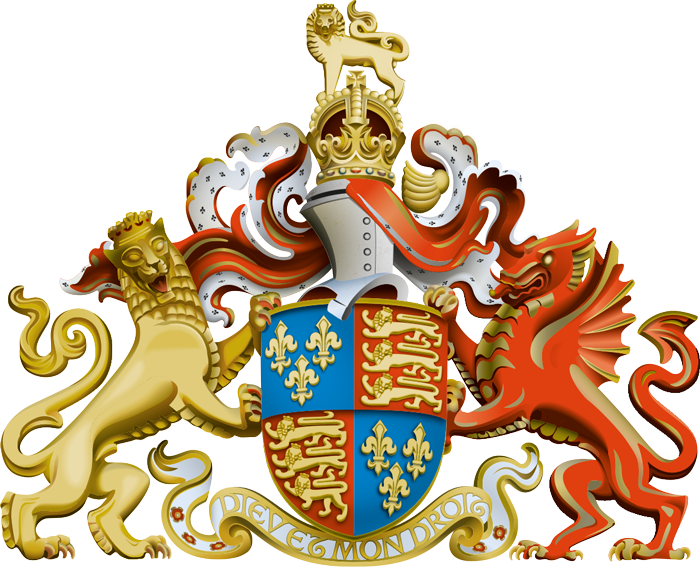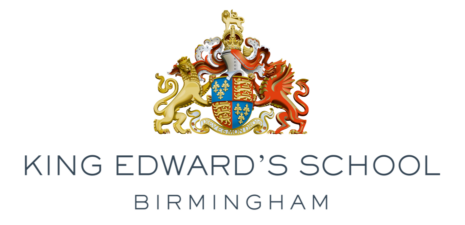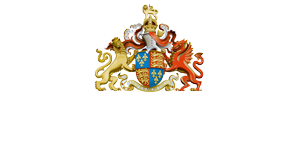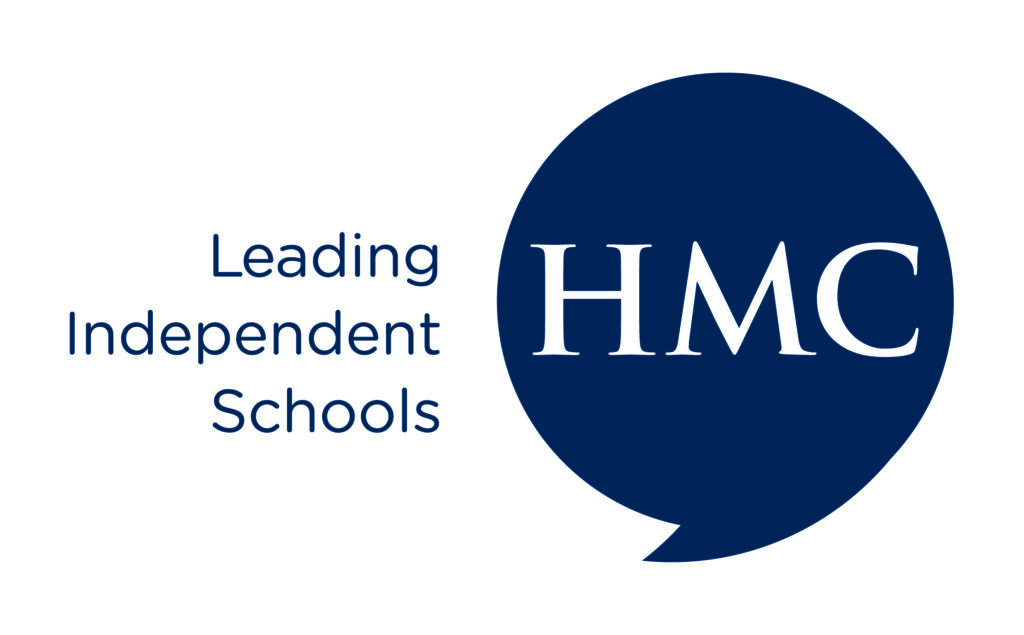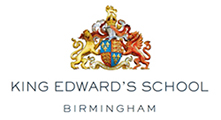Classics
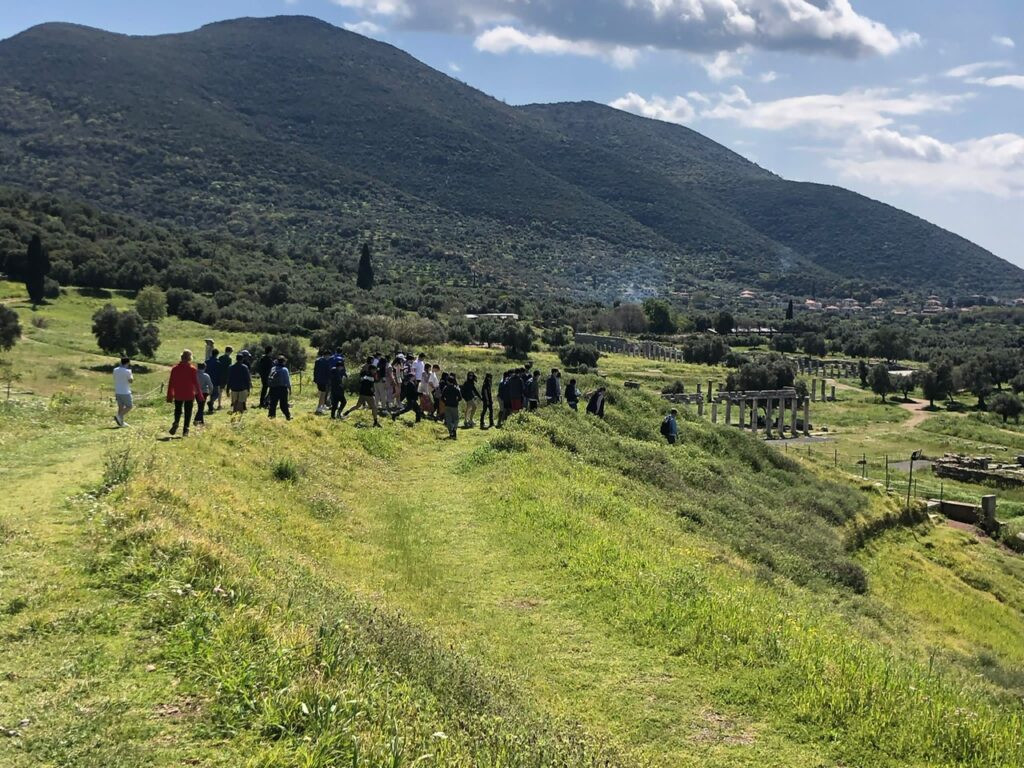
Students have been studying Classics – the worlds of ancient Greece and Rome – at King Edward’s for almost 500 years. And we still believe the subject holds huge value for our students, culturally and intellectually.
There are four principal reasons why we think all Edwardians should encounter Classics, and the Latin language particularly:
- It is intrinsically interesting. In their early terms, students will learn how an inflected language operates, and the ‘otherness’ of that code – with its satisfying patterns and structures – is in itself rewarding and intriguing. And that’s before we get to the myths, the monsters and the marching armies.
- It is a literacy course. We would argue that doing Latin is the best way to get better at English, because Latin has a more transparent grammatical make-up and it trades in concepts like subordination and stem more transparently than English grammar – which can be confusingly haphazard, and partially understood. And the ‘otherness’ of Latin, and the ‘double otherness’ of Greek, helps us to distinguish the characteristics of our own language more clearly. In other words, because Greek and Latin are so alien, conceptually, we are forced to engage more thoughtfully with what exactly makes English, ‘English’.
- It underpins modern languages. Latin gives you greater access – as a ‘meta-language’ – to its modern descendants in the Indo-European language family. This means the Romance languages (French, Spanish, Italian, Portuguese, Romanian) in the case of Latin. In the case of Classical Greek, which is offered from Upper Middles – this means Modern Greek and Russian, whose Cyrillic alphabet overlaps with Greek.
- It unlocks a cultural legacy. Latin and Greek are not spoken languages, they are ‘corpus languages’: we study them because they unlock texts which have shaped our world and continue to bear huge influence on the way our politicians communicate, the culture we consume on Netflix, and our notions of right and wrong. It is no surprise that the culture of ancient Greece, for example – which gave us the words drama, politics, history, climax, music, museum, comedy, mania, economy, idea, eureka, philosophy, metropolis, chorus, enigma and hippopotamus – is a rather interesting and important culture.
All boys study Latin for the first three years and Classical Greek is available as a language option in Year 9.
The boys who choose Greek (the ‘Hellenists’) prepare for a new, publicly examined qualification: the Intermediate Certificate in Greek, which has been designed as a one-year contained course leading to a qualification which has official recognition from universities and the Department for Education. This is a new undertaking for KES, even though Greek has been taught here since 1552, and it is an exciting chance for students to bank a great qualification within one year of study. This is ideal if students decide not to take up GCSE Classics, as they will still have something to show for their hard work.
Students who have chosen to study Greek in Year 9 are given priority booking for the biannual Greek trip.
Students who choose to take Latin and Greek at GCSE can request to be exempted from taking a Modern Language at GCSE. This is an arrangement made on a case-by-case basis.
Two of the three papers sat at GCSE, in both Latin and Greek, are literature papers – one prose, one verse – and students can expect to enjoy unrestricted access to voices which first spoke thousands of years ago.
Year 10 is largely language based, and those students who have thrived on navigating the hyper-structure of an inflected language will really enjoy reaching for mastery of Latin or Greek. At the end of Year 10, attention turns to the first set text and from that point the GCSE course becomes predominantly reading authors in the original: Virgil, Homer, Herodotus, Tacitus – the individuals who founded their genres. It is not for the faint-hearted, but as Johnson, Rowling or Zuckerberg will tell you – or Oscar Wilde, or Tom Hiddleston, or Karl Marx, or our very own Tolkien for that matter – anything actually worth doing is rarely a breeze.
Students who have chosen to study Latin or Greek at GCSE are given priority for the biannual Greek trip.
The pupils will continue their study of the Greek language, consolidating and building on the knowledge they gained at GCSE and translating increasingly complex passages with fluency. Although they will not take the AS Level examination, they will learn the AS Level defined vocabulary list: there is no
defined list for A Level. Instead, we will support pupils to expand their knowledge of vocabulary through further reading and additional vocabulary lists. Pupils
will study texts written by a range of prose authors (including the prose unseen author Xenophon) and the verse unseen author (Euripides) to develop their
linguistic competence. Pupils will sit two language examinations at the end of the course: Unseen Translation (1 hour 45 minutes) and Prose Composition or Comprehension (1 hour 15 minutes).
Pupils will study prose and verse set texts. These are taken from the following works:
• Herodotus Book 7
• Sophocles Electra
• Homer Odyssey 22
Pupils will write extended answers demonstrating a personal response to the texts and evaluating literary techniques used. They will also study additional
literature in translation in order to understand the context from which the set texts have been taken.
Pupils will sit two literature examinations at the end of the course: Prose Literature (2 hours) and Verse Literature (2 hours).
Latin and Greek are both available at either Higher or Standard Level as part of the IB Diploma. The IB courses involve the study of either Greek or Latin literature in its cultural context, building on the linguistic and literary skills that have been practised at GCSE.
In addition to two examined papers on language and literature, Latin and Greek students also complete a non-linguistic research dossier on a classical topic of their choice. Higher Level candidates also complete prose composition exercises.
Students who have chosen to study Latin or Greek at IB are given priority booking for the biannual Greek trip.
We have a yearly stream of boys applying to study Classics at university and there is full Oxbridge provision, including twice-a-week extension classes joint with KEHS, and mock interview practice internal and external.
Future careers
Classics equips students with a unique set of skills. Classicists delve deep into intricate languages and soar above, exploring literature, history, philosophy, art and architecture. They’re adept at asking insightful questions about human civilisation, bridging the past with our modern world.
But how does this connect to the professional realm? The case for Classics, the oldest and broadest of the Humanities, is clear. Studying these subjects hones the invaluable skill of arguing effectively with limited evidence. This involves not only analysis and evaluation but also effective communication.
Learning Latin and Greek fosters a command of language – be it English, Spanish, French or the intricate case system of German. Classicists often transition into law, advertising, journalism, finance, and management consultancy. Many even venture into entrepreneurship, showcasing the creativity that thrives within this field.
Classics cultivates clever, adaptable, and interesting generalists who are always in demand.
Beyond the classroom
The Classics department runs two main societies at school: the Anagnostics, a classical play reading group and speaker programme running since 1952, and the Linguistics Club which prepares students for the annual UK Linguistics Olympiad.
The department also runs biennial trips to Greece and Hadrian’s Wall, and recently has organised domestic trips to the British Museum; the Ashmolean in Oxford; and the Cambridge Greek Play. Classicists in the Upper School also have the opportunity to visit the Barber Institute of Fine Arts to view the world-famous coin collection.
Meet the Head of Department
Mrs Ana Henderson
